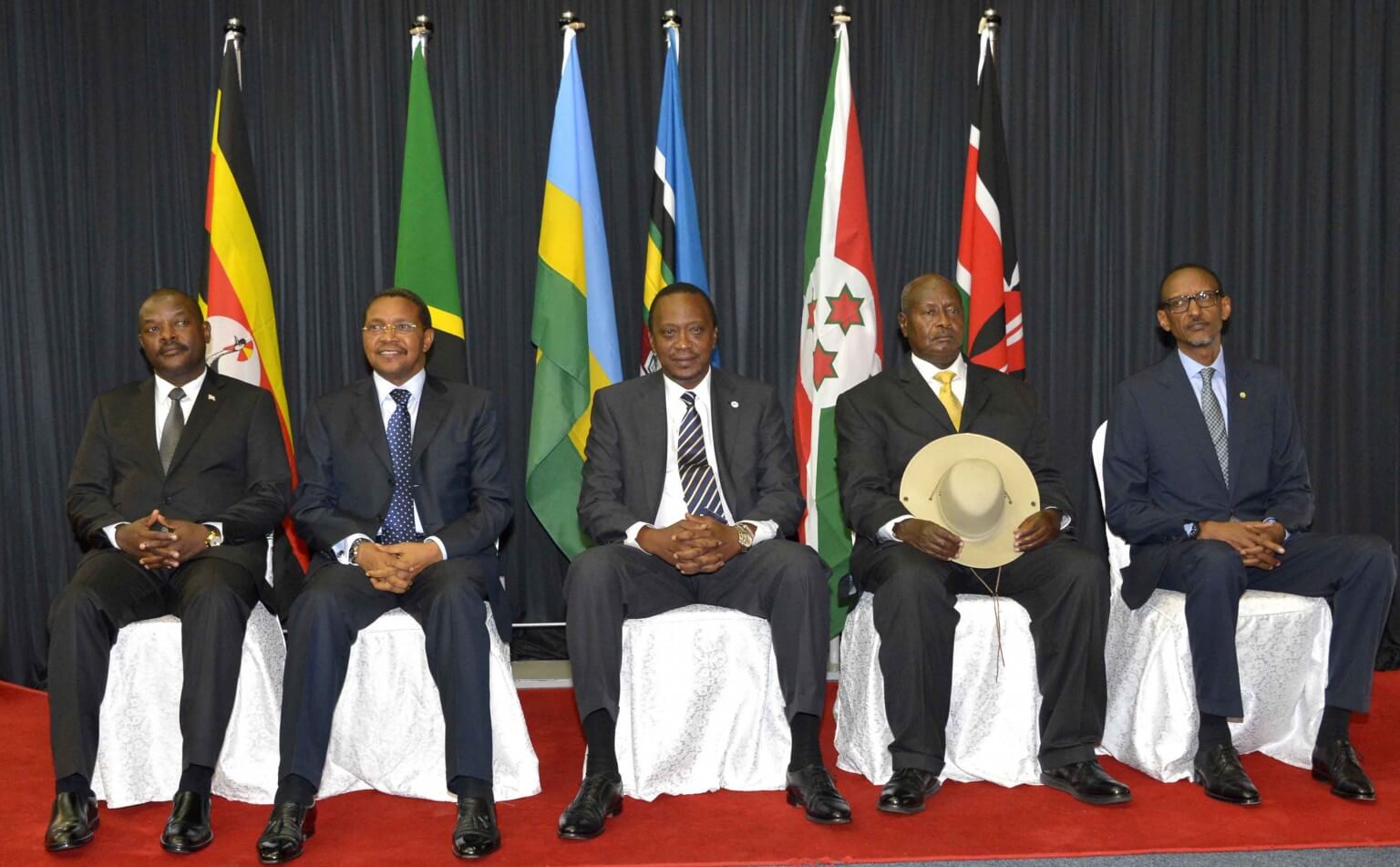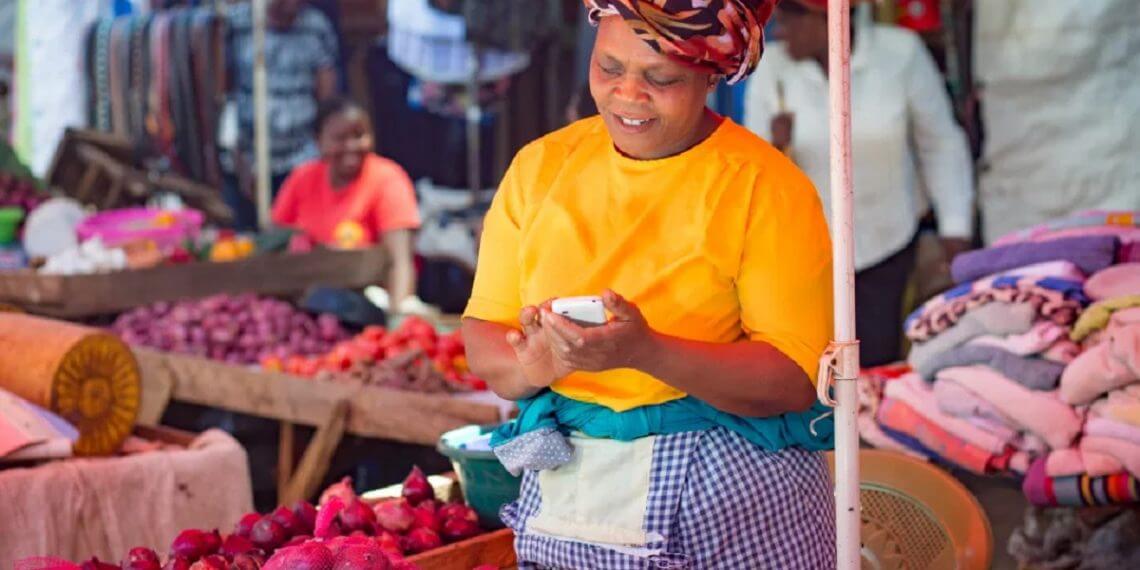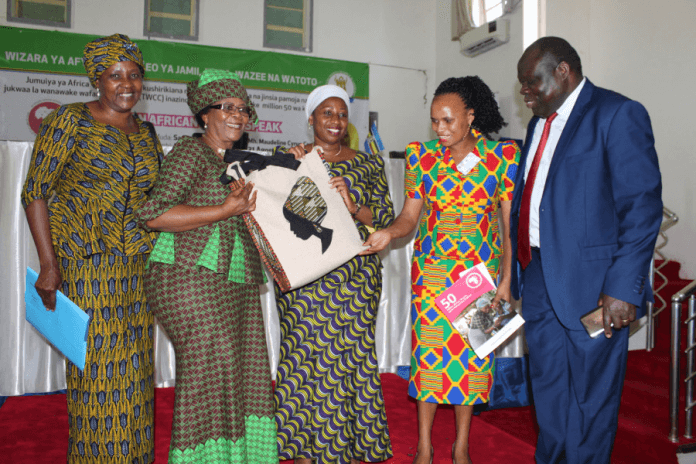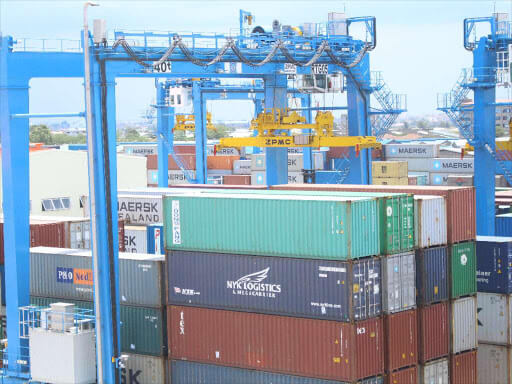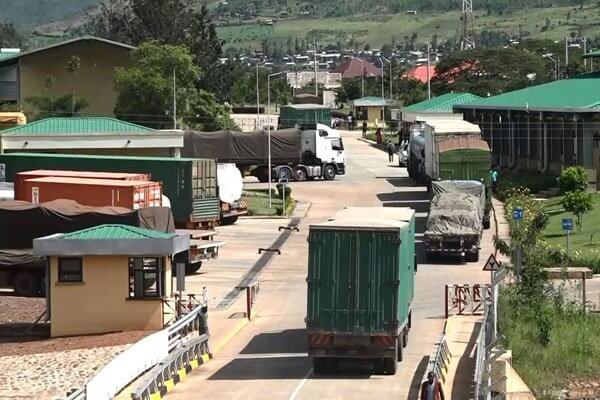East African countries are scrambling to secure bilateral trade deals with the United Kingdom for the post-Brexit era as the current multilateral agreement nears expiry and negotiations for a new collective pact stall over ideological differences. The East African Community is racing against time to get a new deal with extensive talks expected in the coming weeks. There are only four months left until the current trade arrangement ends December 31, which gives partner states duty and quota-free access to the British market. Rwanda has been chairing the bloc’s negotiations but is also pursuing a bilateral post-Brexit deal with the UK that will offer Rwandan exports continued free access to Britain from January 2021. The Tanzanian government is renegotiating its current bilateral trade relationship with Britain in the wake of the latter’s exit from the European Union, Deputy Minister for Trade Stella Manyanya said, noting that they are looking to protect locally-made goods. Kenya is considered the most vulnerable as the country will be affected most if the EAC does not sign a multilateral post-Brexit trade deal with the UK. Being a lower-middle-income country, Nairobi’s exports would be subject to taxes and other restrictions while other member states classified as Least Developed Countries continue to enjoy unrestricted access. The EAC is supposed to have signed a draft agreement by the end of next month, but that looks highly unlikely. An initial meeting that held last week was downgraded to “consultative talks” instead of a decisive agenda-setting forum, according to a report by The EastAfrican. More...
EAC in race against time for post-Brexit deal with UK
Posted on: August 31, 2020
Posted on: August 31, 2020

